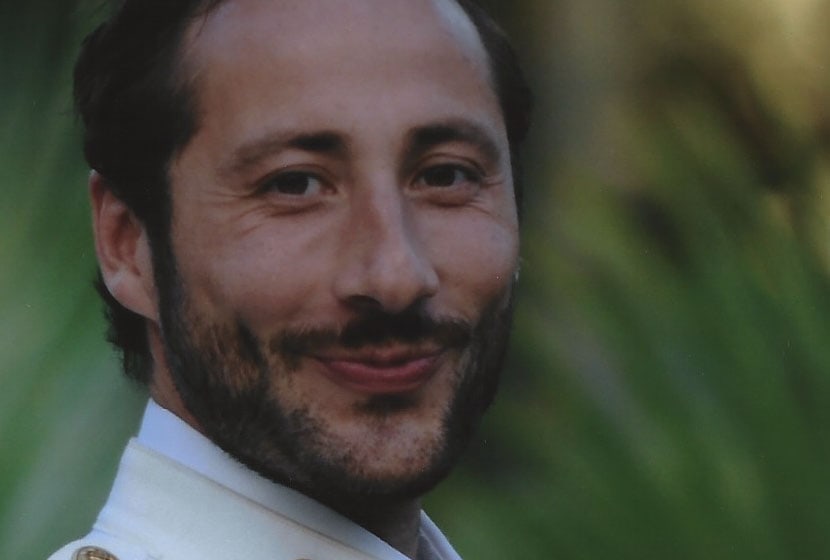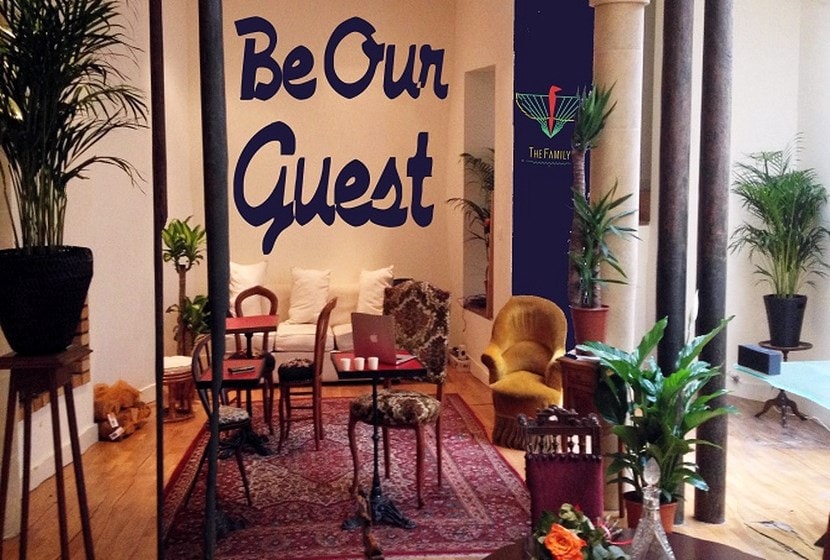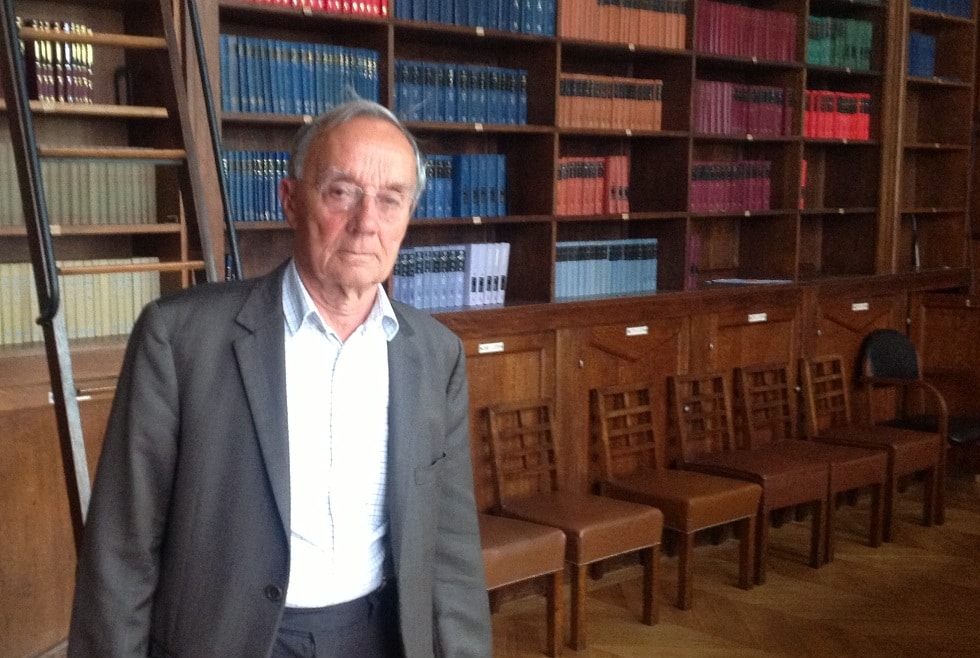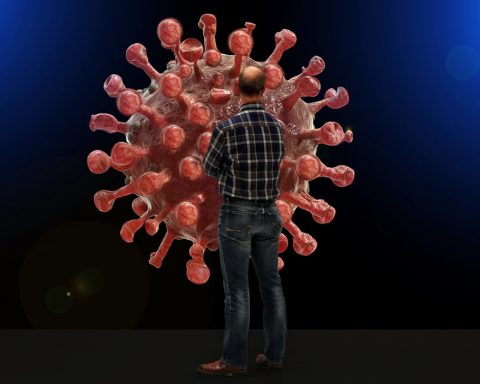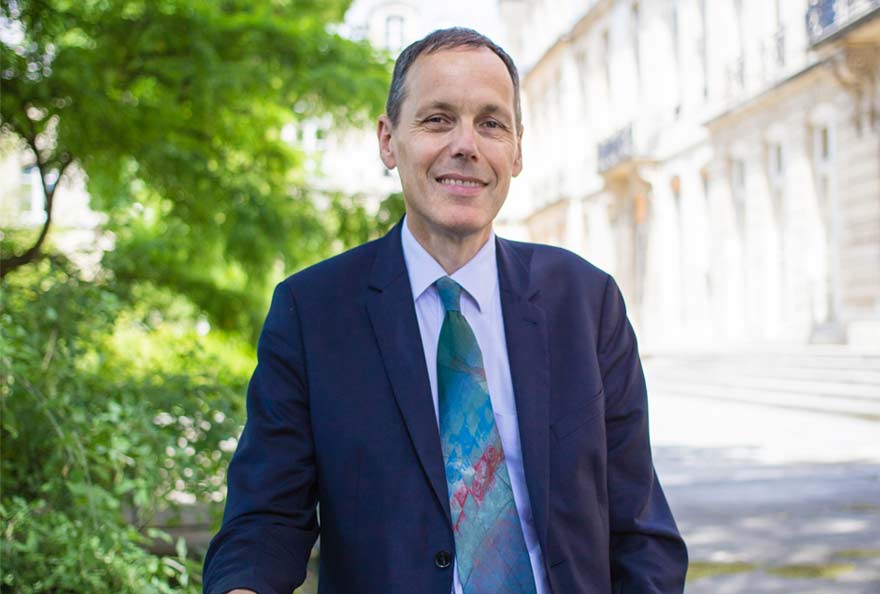Alexandre Jost started out with a personal passion, happiness, and made it his profession. He created the Spinoza Factory which places well-being and happiness in the public, political and economic debate. This, so that they are recognized as essential indicators in political projects (reviewing the economy, politics, societal involvement, the relationship to work and valuing the contribution and commitment of citizens).
![]() Happiness today: what are we talking about?
Happiness today: what are we talking about?
Alexandre Jost: First of all, I would like to respond by giving the scientific point of view on the subject. Philosophers, psychologists and sociologists distinguish three main categories that characterize happiness.
1- Hedonic happiness, the happiness of affects. It corresponds to what I feel every day depending on the sun it's sunny and the good or bad night, and everything I experience that translates into emotions.
2- Then, cognitive happiness, which consists in appreciating whether I have achieved the goals I set myself. In this way, everyone is a judge of his or her own success and this leads to taking a step back from oneself and encourages introspection.
3- And the third facet of happiness is what is called eudemonic well-being (which means "good spirit" or "good life" and it is inspired by the Greeks) and it means: is my life worth living? What is the meaning of my life?
There are sub facets of this 3rd form of happiness... (1) such as belonging, spirituality. Which leads to this Prévert-style inventory:
- Do I come true? What are my aspirations?
- Where do I belong? What groups do I contribute to? Am I connected to something bigger than myself? Am I connected to things?
- Am I committed to a cause that makes sense? Am I an actor, a driving force?
- And also appreciate what is my self-efficacy, i.e. my personal effectiveness and/or impact?
Thus, with these three categories: "I feel, I evaluate and I aspire"; I can say that I am "happy".
Hedonism and eudemonism: Diener distinguishes between two dimensions whose happiness would be the synthesis: the hedonic component refers to the affects felt by the individual, the eudemonic component to his satisfaction with his goals, expectations and beliefs. It is the combination of these two dimensions that makes it possible to achieve happiness.
The desire to live happily or to live well, to act well is the very essence of man. Baruch Spinoza
A paradoxical situation - people who have just had children are partly less happy!
To the question, am I happy to have a child? The answer is surprising.
Category 1 (hedonic happiness): I'm tired because I didn't get enough sleep. The child can be a source of arguments within the couple and lead to a decrease in sexuality. All in all, less positive affects, more negative affects.
Category 2 (cognitive happiness): sacrificing oneself for one's professional life and/or taking care of one's family in addition to work can lead to doing less sport, which leads to undesired changes in one's life (weight gain, less activity, etc.), and undesirable consequences in different areas: professional path, satisfaction with one's life as a couple, etc.
Category 3 (eudemonic happiness): my life has meaning, I feel "filled" by having children.
Thus, by distinguishing the three categories of fulfilment, it allows us to understand the drop in satisfaction in people's lives: emotions experienced negatively are compensated by the meaning that the arrival of a child brings.
![]() How do you know if you're happy?
How do you know if you're happy?
AJ : There is no ultimate question that allows us to grasp all three facets of happiness at once. For the moment, there are no criteria, no questions that allow someone to give an overall opinion on the three categories.
The Twelve Visions of Happiness of the Spinoza Factory: http://www.fabriquespinoza.org/2011/07/les-differentes-visions-du-bonheur/
![]() What is happiness for you?
What is happiness for you?
AJ I consider that there are two forms of happiness: the first is to be happy when no thought crosses our mind: we are then truly ourselves, "in the gap between two thoughts" as Buddhists say.
When we are in that state (which we can live either through hangover or meditation) then we are joyful!
The other form of happiness is love, which fills me up and bridges the gap between my happiness and that of others. Covering all categories of happiness (emotion: joy, satisfaction, meaning), love fills us and surpasses us.
The link I make between love and happiness is by taking up Spinoza's phrase: "Love is a joy that comes with the idea of an outside cause.". This sentence sounds complicated, but it only says: when we are with our loved one (or just thinking about it, that's why Spinoza calls it an "idea"), then we are filled with joy. Love is the concomitance of joy and the presence of the other (or a thought for him or her).
![]() Why be interested in happiness?
Why be interested in happiness?
AJ : I have always been happy and I wanted to see what was hidden behind the phenomenon and so I went to explore several disciplines such as neuroscience, positive psychology, comparative sociology, behavioural economics, to better understand ...
![]() Can you explain the mission of the Spinoza Factory?
Can you explain the mission of the Spinoza Factory?
AJ The mission of the Spinoza Factory : en focusing on the means and losing sight of the end, politicians have forgotten happiness along the way. The Spinoza Factory aims to put well-being and happiness back at the heart of public policy.
This is done by highlighting information on the progress of research on happiness to public authorities in order to have an impact in the political world and to promote the establishment of an indicator of well-being. It is in this way that the Spinoza Factory, initially a political Think Tank, becomes a citizen Think Tank.
The Easterlin Paradox (2) betwixt 1973 - 2008 a curve shows that GDP growth increases by 113 % (excluding inflation) while life satisfaction growth is flat. This is one of the representations of happiness which suggests that the latter does not rely solely on financial resources.
We started the Fabrique by developing tools, content and reference frameworks to help policy makers design projects that promote collective (citizen) development. Now we feel the need to broaden the spectrum by encouraging the liberation of consciences in the pursuit of happiness.
Summary of the mission of the Spinoza Factory:
- To understand the different visions of happiness, i.e. to share scientific references and research from different disciplines that contribute to a better understanding of the very nature of happiness.
- Bringing proposals so that leaders can enrich their public policies or corporate strategy and take into account happiness and well-being in their orientations.
Our motivation was also stimulated by the fact that more and more countries are daring to display such ambitions, such as Germany, which has created a Well-being Index, and also England. (3). This is becoming a real political commitment.
We also help to make visible the fact that well-being is also essential at work: http://fr.slideshare.net/julientrefeu/ibet-indice-de-bien-etre-au-travail
Which leads me to detail other missions of the Spinoza Factory:
We choose topics that can positively change society, citizen topics that are brought to the attention of business leaders, politicians or the general public.
![]() What subjects for example?
What subjects for example?
AJ:
- Wealth, Philanthropy and Well-being,
- the media and happiness and
- gender equality,
- well-being in the workplace,
- Spirituality, wisdom and enterprise,
- political philosophy
- development indicators
- the positive community
- the positive economy...
We bring citizens together and make them think and produce proposals to change society (business, politicians and citizens). Once we have obtained the content we look for the right support: conference (citizens), reports (politicians) barometer, training (company), courses (students), this is how we give courses at Centrale. We are developing a research centre on well-being at work and we aim to create an international centre (500 rooms) that could host the largest world forum on economy and well-being.
We are proud to have succeeded in creating the desire to create a parliamentary group on welfare economics in both the Senate and the Assembly, in order to relaunch the work of the Stiglitz Commission (Progress GDP and Happiness).
![]() Can you detail any of your actions?
Can you detail any of your actions?
AJ If I take the example of philanthropy: we interviewed 30 rich people, i.e. people with assets of more than 25 million Euros, in order to understand what motivated them to make (or not to make) a donation. Our objective was to unlock the potential of philanthropy in France by explaining the levers that motivate people to give.
Concerning equality between men and women: we came up with 40 proposals describing a happier society through more balanced relations between men and women.
Thus, each time we choose a classical subject, we examine it through the welfare angle and we highlight how this particular point of view can have an effect on the proposals that can be made.
![]() What is your ambition today?
What is your ambition today?
AJ We would like to create a movement of 100,000 people. We want to go from a think tank to a citizen (non-political) movement of 100,000 people. And for that, we lack Collective Intelligence methods, that is to say the means to mobilize citizens, bottom-up methods.
We would like to be everywhere in France, to be inspired by Ouishare, MakeSense, Colibris, to envisage a national development and to encourage the diversity of the people involved in this quest.
The one more thing: La Fabrique Spinoza is a project that seeks to inspire and it is also a very serious achievement, we are the French correspondent for a project hosted by the OECD on measuring well-being, we coordinate a working committee at the UN, we work with the Elysée, the Parliament and the Assembly and we have been named one of the 12 best Think Tanks. All this has helped us to establish our credibility and legitimacy.
![]() What is the consequence for you of having built the Spinoza Factory?
What is the consequence for you of having built the Spinoza Factory?
AJ Wonder. Initially, I wanted to create the French association for the promotion of happiness and people laughed a lot at me. The project lacked a name, a status and an institutional outfit. This is very important in France. La Fabrique Spinoza, a think-tank for the well-being of citizens, is better!
Yet with a simple idea and good energy, it worked. It met a need: to bring people together because everyone fundamentally needs collective hope and optimism.
Making the Fabrique is stress but it is a renewed joy.
There is a real movement that is being created, some companies as well as a growing number of politicians sincerely want to change the way they operate, the proof of this is the committee in the Senate and the Assembly (parliamentarians are opening up).
Something is happening: an international movement that is bigger than the national one, and it is going to end up taking us away too. There are, for example, about 20 countries working on these welfare policy issues. As another illustration, we have created the Budapest coalition, which is a group of European think-tanks working on citizen welfare. Things are moving!
![]() How would you describe this success? How did you do it?
How would you describe this success? How did you do it?
AJ: From envy to result. For me the important elements are:
- Never, never listen to people who try to discourage your project.
- The answer "no" we always get is the "yes" we have to go for.
- Don't listen to people who say "it's not going to work", because people project their fears.
- The tone of the project is as important as the project itself. I think that our optimism or joy at the Spinoza Factory is as important as the content itself.
![]() Can you say that it is because you have listened deeply to who you are that the project has moved forward? What are your ingredients?
Can you say that it is because you have listened deeply to who you are that the project has moved forward? What are your ingredients?
AJ To be aligned between the different facets of you: vision and courage. I am a joyful person and I wanted to re-enchant politics and society. This comes from deep within.
Spinoza spoke of desire: his vision of desire brings together envy, will and courage. If the cause is adequate (i.e. in accordance with our true nature) then our desire and our essence are superimposed: desire becomes an extra-ordinary force that propels us. Afterwards, it takes a little courage: it consists in getting up in the morning and facing deadlines, and all the obligations resulting from the crazy projects we've imagined!
![]() Is that perseverance?
Is that perseverance?
AJ: I don't let go, if it's "right" for me then it's also right outside. Perseverance is fuelled by meeting people with whom to carry out the actions that are important to me. Doing a collective project changes everything.
When you radiate your project because you embody it and not out of opportunity, then you are aligned with who you are and the result looks like what you want.
1 - Ilona Boniwell, a positive psychologist, has done some very interesting work on the subject. Boniwell I, Introduction to Positive Psychology, Payot, 2012.
2 - http://fr.wikipedia.org/wiki/Paradoxe_d 'Easterlin
3 - http://www.oecdbetterlifeindex.org/fr/ - http://www.lemonde.fr/planete/article/2013/04/16/l-allemagne-se-dote-d-un-indicateur-de-bien-etre_3160463_3244.html

